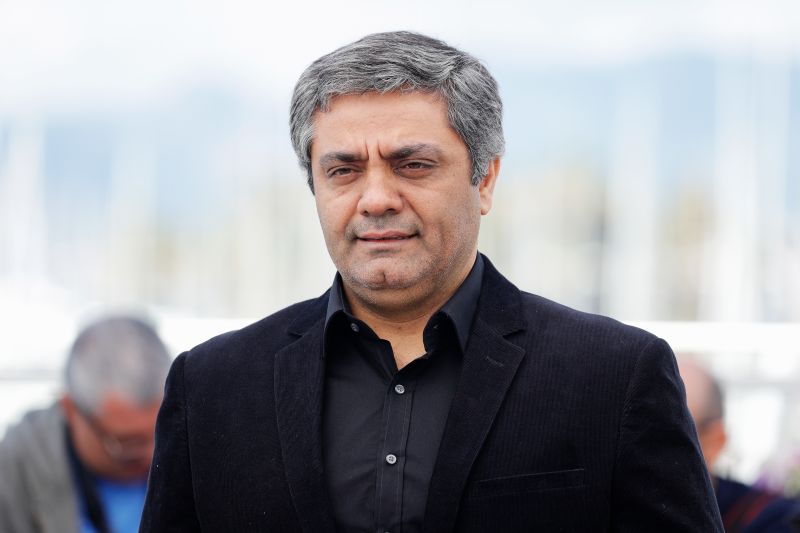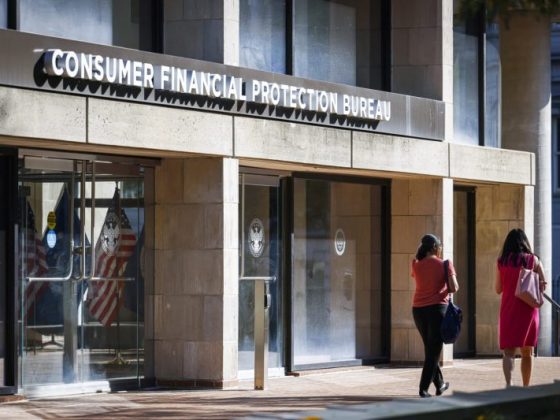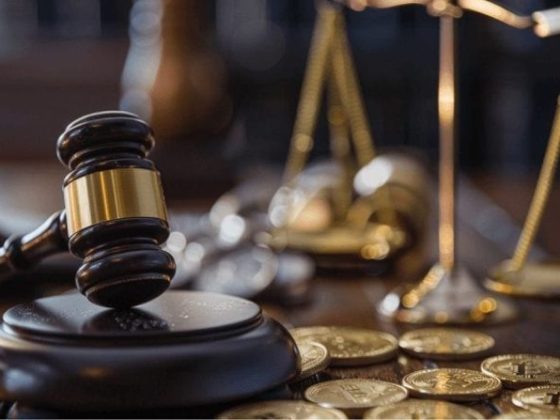 Victory Day in Russia, which commemorates the end of World War II, is traditionally celebrated with a host of activities including a large military parade in Moscow. However, beneath the facade of unity and national pride, there could be a range of tensions simmering within the country under President Vladimir Putin.
1. Economic Challenges: Russia’s economy has been hit hard by international sanctions and a drop in oil prices, leading to reduced living standards, a weakened ruble and increased prices. This has led to dissatisfaction among citizens.
2. Corruption and inequality: Russia ranks low in the Corruption Perception Index by Transparency International. The country is also known for wealth concentration in the hands of a few oligarchs, which exacerbates social inequalities and can lead to social tensions.
3. Political Repression: Freedom of speech, expression, and political opposition are increasingly repressed in Russia. The imprisonment of opposition leader Alexei Navalny and the suppression of protests are some examples of where social and political tensions are manifesting.
4. Ethnic and regional tensions: Russia, with its diverse ethnic groups and huge geographical spread, has historical issues of ethnic and regional tensions. These tensions can further intensify under unfavorable socio-economic situations.
5. External Opposition: Political tensions with other countries, particularly Western nations, can impact internal dynamics, as they determine foreign policy, international trade, and sanctions.
These potential tensions may be somehow masked by national events such as Victory Day, where Russian might is usually on full display, fostering a strong sense
Victory Day in Russia, which commemorates the end of World War II, is traditionally celebrated with a host of activities including a large military parade in Moscow. However, beneath the facade of unity and national pride, there could be a range of tensions simmering within the country under President Vladimir Putin.
1. Economic Challenges: Russia’s economy has been hit hard by international sanctions and a drop in oil prices, leading to reduced living standards, a weakened ruble and increased prices. This has led to dissatisfaction among citizens.
2. Corruption and inequality: Russia ranks low in the Corruption Perception Index by Transparency International. The country is also known for wealth concentration in the hands of a few oligarchs, which exacerbates social inequalities and can lead to social tensions.
3. Political Repression: Freedom of speech, expression, and political opposition are increasingly repressed in Russia. The imprisonment of opposition leader Alexei Navalny and the suppression of protests are some examples of where social and political tensions are manifesting.
4. Ethnic and regional tensions: Russia, with its diverse ethnic groups and huge geographical spread, has historical issues of ethnic and regional tensions. These tensions can further intensify under unfavorable socio-economic situations.
5. External Opposition: Political tensions with other countries, particularly Western nations, can impact internal dynamics, as they determine foreign policy, international trade, and sanctions.
These potential tensions may be somehow masked by national events such as Victory Day, where Russian might is usually on full display, fostering a strong sense
Victory Day celebrations mask simmering tensions inside Putin’s Russia

 Victory Day in Russia, which commemorates the end of World War II, is traditionally celebrated with a host of activities including a large military parade in Moscow. However, beneath the facade of unity and national pride, there could be a range of tensions simmering within the country under President Vladimir Putin.
1. Economic Challenges: Russia’s economy has been hit hard by international sanctions and a drop in oil prices, leading to reduced living standards, a weakened ruble and increased prices. This has led to dissatisfaction among citizens.
2. Corruption and inequality: Russia ranks low in the Corruption Perception Index by Transparency International. The country is also known for wealth concentration in the hands of a few oligarchs, which exacerbates social inequalities and can lead to social tensions.
3. Political Repression: Freedom of speech, expression, and political opposition are increasingly repressed in Russia. The imprisonment of opposition leader Alexei Navalny and the suppression of protests are some examples of where social and political tensions are manifesting.
4. Ethnic and regional tensions: Russia, with its diverse ethnic groups and huge geographical spread, has historical issues of ethnic and regional tensions. These tensions can further intensify under unfavorable socio-economic situations.
5. External Opposition: Political tensions with other countries, particularly Western nations, can impact internal dynamics, as they determine foreign policy, international trade, and sanctions.
These potential tensions may be somehow masked by national events such as Victory Day, where Russian might is usually on full display, fostering a strong sense
Victory Day in Russia, which commemorates the end of World War II, is traditionally celebrated with a host of activities including a large military parade in Moscow. However, beneath the facade of unity and national pride, there could be a range of tensions simmering within the country under President Vladimir Putin.
1. Economic Challenges: Russia’s economy has been hit hard by international sanctions and a drop in oil prices, leading to reduced living standards, a weakened ruble and increased prices. This has led to dissatisfaction among citizens.
2. Corruption and inequality: Russia ranks low in the Corruption Perception Index by Transparency International. The country is also known for wealth concentration in the hands of a few oligarchs, which exacerbates social inequalities and can lead to social tensions.
3. Political Repression: Freedom of speech, expression, and political opposition are increasingly repressed in Russia. The imprisonment of opposition leader Alexei Navalny and the suppression of protests are some examples of where social and political tensions are manifesting.
4. Ethnic and regional tensions: Russia, with its diverse ethnic groups and huge geographical spread, has historical issues of ethnic and regional tensions. These tensions can further intensify under unfavorable socio-economic situations.
5. External Opposition: Political tensions with other countries, particularly Western nations, can impact internal dynamics, as they determine foreign policy, international trade, and sanctions.
These potential tensions may be somehow masked by national events such as Victory Day, where Russian might is usually on full display, fostering a strong sense

